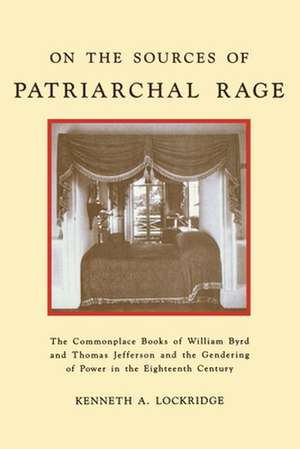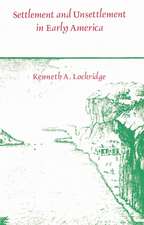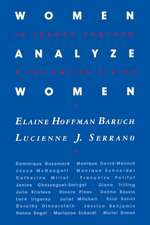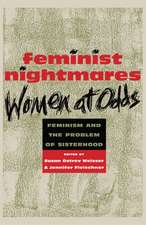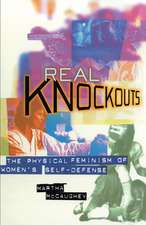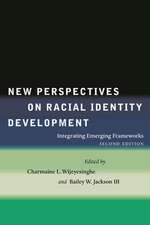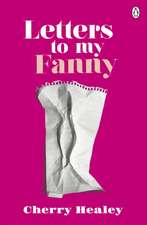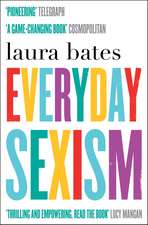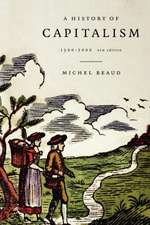On the Sources of Patriarchal Rage – The Commonplace Books of William Byrd and Thomas Jefferson and the Gendering of Power in the Eighte: History of Emotions
Autor Kenneth A. Lockridgeen Limba Engleză Hardback – 31 dec 1992
| Toate formatele și edițiile | Preț | Express |
|---|---|---|
| Paperback (1) | 206.29 lei 43-57 zile | |
| MI – New York University – 31 aug 1994 | 206.29 lei 43-57 zile | |
| Hardback (1) | 522.00 lei 43-57 zile | |
| MI – New York University – 31 dec 1992 | 522.00 lei 43-57 zile |
Preț: 522.00 lei
Preț vechi: 677.91 lei
-23% Nou
Puncte Express: 783
Preț estimativ în valută:
99.89€ • 103.70$ • 83.30£
99.89€ • 103.70$ • 83.30£
Carte tipărită la comandă
Livrare economică 24 martie-07 aprilie
Preluare comenzi: 021 569.72.76
Specificații
ISBN-13: 9780814750698
ISBN-10: 0814750699
Pagini: 148
Dimensiuni: 152 x 229 x 15 mm
Greutate: 0.38 kg
Editura: MI – New York University
Seria History of Emotions
ISBN-10: 0814750699
Pagini: 148
Dimensiuni: 152 x 229 x 15 mm
Greutate: 0.38 kg
Editura: MI – New York University
Seria History of Emotions
Recenzii
"A brilliant . . . analysis of the fragile hegemony and identities of colonial Virginia's elite men. . . . On the Sources of Patriarchal Rage compellingly illuminates the ragged edge where masculinity and colonial identity meet. . . . [the book] will undoubtedly send Jefferson scholars scurrying back to their notes. . . . Most significant, by being among the first to tackle the subject of masculinity in early America, Lockridge forces colonial scholars to reexamine the lives of men they thought they already knew too well."
William and Mary Quarterly
William and Mary Quarterly
Textul de pe ultima copertă
Two of the greatest Virginia gentlemen of the eighteenth century, William Byrd II and Thomas Jefferson, broke the genteel rules of the commonplace book - a place where gentlemen were to collect wisdom from their readings, recorded in variety and with detachment - each to assemble a prolonged series of quotations laden with fear and hatred of women. These books are witnesses to the events in which two men assembled their culture, literally enacted or embodied it in these books of themselves, on the issue of gender. The books are simultaneously confessionals. They are confessionals of intense personal crises of gender relations. Were these outbursts meaningless and isolated incidents, or were they rare revelations of the pressures on such gentlemen to maintain patriarchal control? Kenneth Lockridge leads us on an exploration of the possible structures, contexts and significances of these great mythmakers' misogynistic moments. Each outburst draws upon a kind of "misogynistic reserve" available in the continental and English intellectual traditions, but each also twists and re-contexts less misogynistic excerpts to intensified effect. From the interplay of intellectual traditions, personal re-contextings, and the circumstances of each man's life and later behavior, arises the possibility that one or more specific "politics of misogyny" is at work here, and that these reenactments of culture are redolent of the stresses on the male subject in the eighteenth century in general and among Virginia gentry in particular. The essay is an opening of these texts only, and a reflection on their possible meanings in the wider contexts of gender and power in the eighteenth century. That rage waspresent seems clear; but its meanings - here suggestively explored - must remain contestable.
